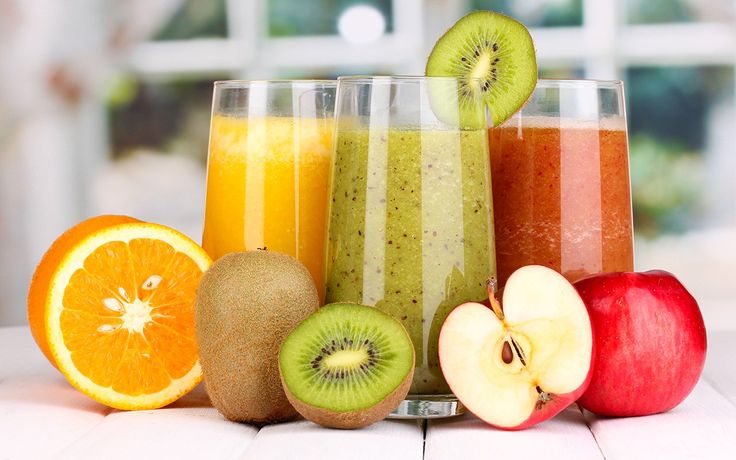Juicing has become a popular way to boost nutrition and improve overall health, but not all juices are created equal. With the rise of cold-pressed juice, many are left wondering how it compares to traditional juicing methods. Let’s explore the key differences, benefits, and downsides of both cold-pressed and traditional juices to help you make an informed choice.
What is Cold-Pressed Juice?
Cold-pressed juice is made using a hydraulic press that extracts juice by crushing and pressing fruits and vegetables. This method doesn’t generate heat, hence the term “cold-pressed,” and is said to better preserve the nutrients and enzymes in the juice.
- How it works: A hydraulic press exerts extreme pressure to extract the juice without using heat or friction, which is believed to result in a more nutrient-dense juice.
- Shelf life: Cold-pressed juice has a longer shelf life compared to traditional juices because it can be bottled and pasteurized via high-pressure processing (HPP). This allows it to be sold commercially without spoiling quickly.
What is Traditional Juicing?
Traditional juicing uses centrifugal or masticating juicers. Centrifugal juicers work by spinning fruits and vegetables at high speeds, separating the juice from the pulp through centrifugal force. Masticating juicers, on the other hand, slowly grind and crush the produce.
- How it works: Centrifugal juicers generate some heat and friction, which may degrade certain nutrients in the process. Masticating juicers are slower but cause less heat and preserve more nutrients.
- Shelf life: Traditional juice is best consumed immediately after juicing, as the nutrients can degrade quickly, and oxidation happens faster due to the exposure to air.
Nutrient Retention: Cold-Pressed vs. Traditional Juicing
One of the main points of debate between cold-pressed and traditional juicing is how well they preserve nutrients.
- Cold-Pressed Juice: Advocates of cold-pressed juicing claim that the absence of heat and minimal oxidation during the process helps retain more vitamins, minerals, and enzymes, resulting in a more nutrient-packed juice. The slower extraction process reduces air exposure, meaning fewer nutrients are lost.
- Traditional Juicing: Centrifugal juicers operate at high speeds, which can produce heat and increase oxidation, leading to a faster breakdown of nutrients. Masticating juicers, while slower, preserve more nutrients than centrifugal juicers due to the gentle grinding method. However, both types of traditional juicers may still lose some nutrients through oxidation.
Juice Quality and Taste
Another important consideration is the quality and taste of the juice produced by each method.
- Cold-Pressed Juice: Because cold-pressed juice is less oxidized and doesn’t experience heat, many people find it to have a fresher, cleaner taste with a more vibrant color. The slow extraction process helps maintain the juice’s natural flavors.
- Traditional Juicing: Traditional juices, especially those from centrifugal juicers, may have a slightly different texture and taste due to the high-speed extraction. Some users report that these juices may taste a bit foamy or have less depth of flavor. However, with masticating juicers, the juice quality is closer to cold-pressed, though still not as crisp.
Pros and Cons of Cold-Pressed Juicing
Pros:
- Nutrient Retention: Cold-pressed juice retains more nutrients and enzymes compared to traditional methods.
- Longer Shelf Life: With HPP, cold-pressed juices can last up to three days or more without spoiling, making them more convenient for those with busy schedules.
- Better Taste: Many people prefer the taste of cold-pressed juice due to its fresh, raw flavor and smoother texture.
Cons:
- More Expensive: Cold-pressed juicers and commercially prepared cold-pressed juices are generally more expensive than traditional methods.
- Time-Consuming: The process of cold-pressing juice is slower, which can be less convenient for those seeking a quick juice fix.
Pros and Cons of Traditional Juicing
Pros:
- Faster Process: Centrifugal juicers work quickly, making them ideal for those who want juice in a hurry.
- Less Expensive: Traditional juicers, especially centrifugal ones, are typically more affordable than cold-pressed juicers.
- Availability: Traditional juicers are widely available, and there are plenty of brands and models to choose from.
Cons:
- Nutrient Loss: Centrifugal juicers generate heat, which can destroy some heat-sensitive vitamins and enzymes.
- Shorter Shelf Life: Traditional juice oxidizes quickly and is best consumed immediately after it’s made.
- Foamy Texture: Juice from centrifugal juicers can sometimes be frothy or less smooth, which may affect the taste experience for some people.
Which is Healthier?
Both cold-pressed and traditional juices offer health benefits, but the method you choose can depend on your priorities:
- Cold-pressed juice is ideal for those seeking maximum nutrient retention and a longer shelf life. If you’re looking to get the most out of your fruits and vegetables and enjoy the freshest possible juice, cold-pressing may be worth the investment.
- Traditional juice (especially from masticating juicers) still offers a nutritious option, particularly if you plan to drink your juice right away. If convenience and affordability are more important to you, traditional juicing is a great choice.
Conclusion: Which One Should You Choose?
Choosing between cold-pressed juice and traditional juicing depends on your lifestyle, budget, and nutritional goals. Cold-pressed juicing provides higher nutrient retention and longer shelf life but comes at a higher cost. Traditional juicing is faster and more affordable, but may result in slightly lower nutrient levels and quicker oxidation.
Ultimately, both methods allow you to enjoy the health benefits of fresh juice. Whether you go cold-pressed or stick to a traditional juicer, incorporating more fruits and vegetables into your diet through juicing can contribute to improved energy, better digestion, and overall well-being.
